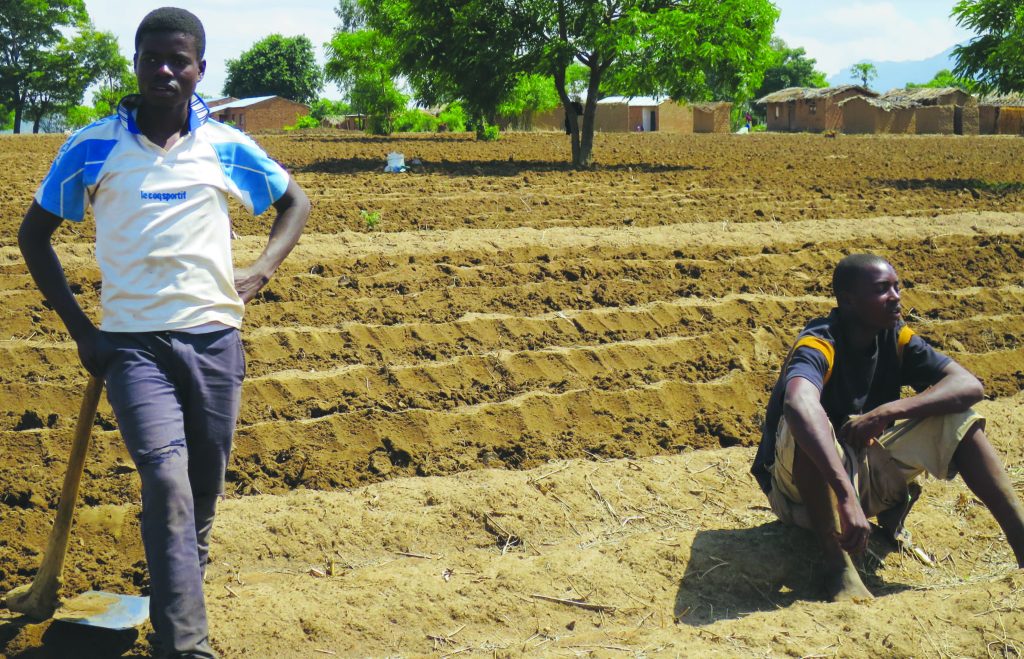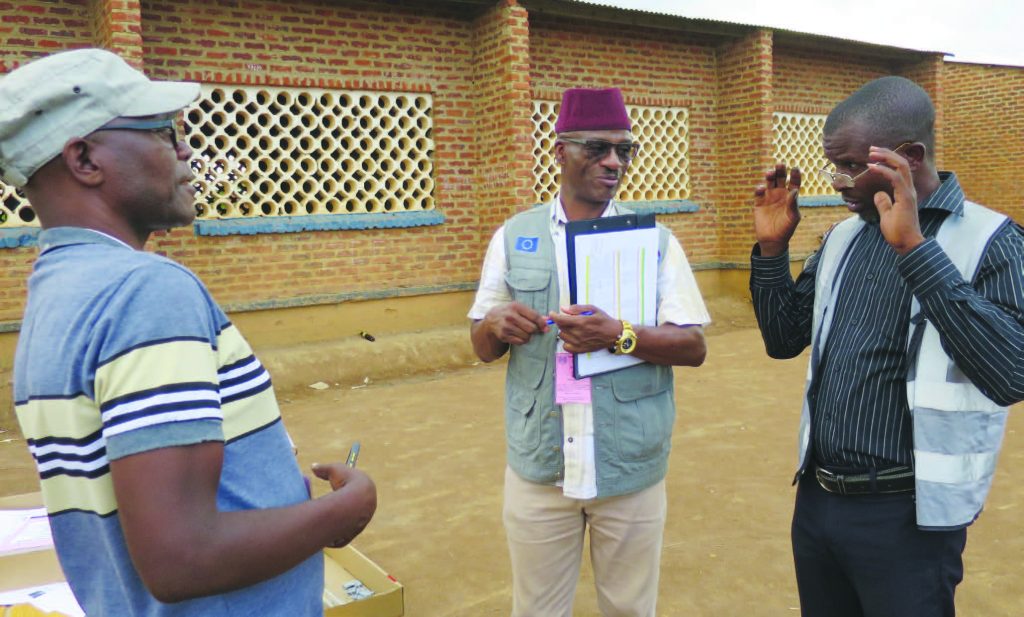When by-election bares voters’ fatigue
It is Thursday, November 16 2023 in Dedza Central Constituency. The clock is ticking to around 7am and voting for the member of Parliament (MP) is underway in all 27 polling centres.
Eligible voters are flocking to the centres in droves to exercise their right to vote. About 47 713 people who registered in the constituency are expected to cast their ballots.

By 6am, most polling centres are flooded by voters and the rate at which the voters are patronising the centres gives hope that the voter apathy narrative will be different this time around.
The parliamentary by-election follows the death of Daniel Chiwere, on July 17 2023.
This is an opportunity for the constituents to choose someone to be their mouth-piece in the National Assembly. The Malawi Electoral Commission (MEC) has organised this activity in accordance with Section 23 (1) of the Presidential, Parliamentary and Local Elections Act.
As the clock strikes 10am, there is a noticeable difference in scenario at most polling centres. The snaking queues are gone yet the figures in the voters’ register are miles behind those who have turned up and voted. Once again, there is fear of voter apathy.

Some centres are staying close to 20 minutes without receiving anyone to vote and the waiting time is increasing as we draw towards noon.
A visit to Phokera, Malembo, Chigwenembe, Nthulu, Kanama, Nkomera and Mwenje polling centres, which each registered an average of 2 000 voters shows that by 2.30pm each has recorded less than 500 voters.
No wonder, when all the vote-counting is done, only 15 898, out of 47 713 voters, have voted, representing 33.3 percent.
But what could be the reason for this voter apathy?
Efelo Pikisoni from Kabango Village cites as key deterioration of people’s welfare, even after entrusting politicians to transform the area.
“Our leaders abdicate their duties once they are elected. Because of this, I don’t expect to see many people voting,” explains 58-year-old Pikisoni, who is from Traditional Authority (T/A) Kaphuka in the district.
She says people in the area accepted their fate and they don’t see any reason for abandoning their activities for something that is not giving them desired results.
“Most people here are farmers and we just received rains yesterday. They would rather spend their precious time doing something that benefits them than dancing to the tune of ungrateful politicians,” adds Pikisoni.
Youthful constituent Chiwozero Maulana this reporter found working in his garden echoes Pikisoni’s sentiments.
“Our leaders seem to take us for fools. They want us when they need our vote but abandon us when they achieve their goals. This time around we are saying no to that,” says Maulana.
He says the youth in the area have many problems which they hoped their leaders would help to solve, but none of them helped them.
“Among others, we need loans to start our businesses, education bursaries, good roads and potable water.
Lamentations of the two represent thousands of voters in the area, some of whom are heard murmuring in their gardens that “elections have no benefits”.
They claim politicians have fooled them for too long.
The situation equally worries National Initiative for Civic Education (Nice) Trust whose members are monitoring the by-election.
“We are worried with the situation. Look! Everything started well and we anticipated a huge voter turnout, but as it is, it is not the case,” says Nice programme officer Christopher Naphiyo.
He says the situation shows people’s lack of interest in the election due to frustrations. He says more often than not elected leaders promise their constituents the moon which they fail to deliver.
“The low turnout of voters is a serious problem that continues to be manifested in any election, especially by-elections,” observes Naphiyo.
He says the problem we have as a country is that elected leaders fail to walk their talk after being ushered into office and the electorate has responded by shunning elections as evidenced by growing voter apathy with each coming election, notably by-elections.
“So, what we are witnessing today is one of the consequences of the lies orchestrated by the politicians,” says Naphiyo.
To this effect, Naphiyo challenges politicians to draw a lesson from the situation and make a resolve to fulfil their promises at all levels.
“To us it is a lesson learnt. Through this by-election, we have learnt that there is more work to be done to encourage people to vote,” he says.
Adds Naphiyo: “This election has also identified other gaps such as people failing to get information on registration and verification. We have taken note of all these issues and promise to work on them in our future election endeavours.”
Also concerned about voter apathy is the Catholic Commission for Justice and Peace (CCJP).
“We have noticed election fatigue among the voters today. This is due to the broken promises our leaders make to their people,” says CCJP national coordinator Boniface Chibwana.
“The reason for this low voter turn-out might be voter fatigue, but largely it is due to people’s frustrations after being betrayed by their leaders. They are not seeing the correlation in terms of service delivery,” says Chibwana.
“Of course, we have it on record that by-elections do not attract huge turn-out of voters, but still what is being manifested here speaks volumes that people are tired of electing leaders who cannot deliver their promises,” emphasises Chibwana.
Malawi Electoral Commission (MEC) chairperson Justice Chifundo Kachale during the declaration of the winner of the by-election at Dedza Residential Training Centre (RTC) admits the low voter turn-out, calling on stakeholders to intensify awareness in encouraging more people to vote.
He emphasises that election is an important exercise “because it accords people an opportunity to choose the leader of their choice, hence, the need to civic educate them”.
Kachale also urges people to take election as an important assignment because it is through such an exercise they can usher in people who can transform their areas.
He, however, advises the winner Willard Gwengwe to deliver his promises to re-ignite election appetite among the constituents.
“Fulfil the commitments, the promises you made. This will invigorate election thirst among the people,” he advises.
Besides Gwengwe of Malawi Congress Party, others who contested for the Dedza Central Constituency seat were Jacob Kaumphawi (Independent) and Andrew Kowedza of the Democratic Progressive Party.
Gwengwe carried the day with 7 913 votes against Kaumphawi’s 7 361 while Kowedza came third with 403 votes.






One Comment